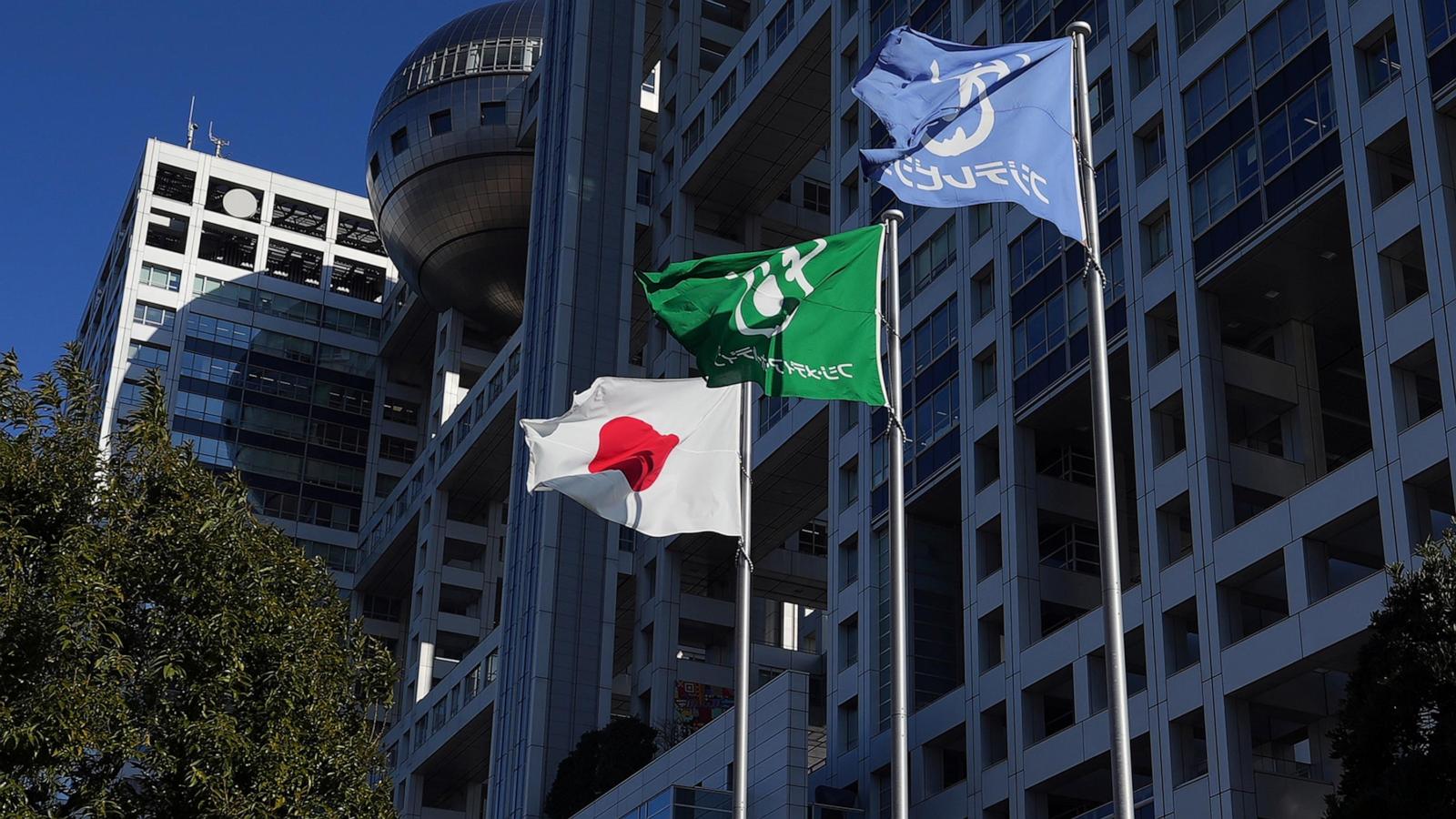Fuji TV Scandal: Major Sponsors Pull Ads Amidst Sex Scandal Cover-Up Allegations
The Japanese entertainment world is reeling from a major scandal involving Fuji Television Network, Inc. (Fuji TV), one of Japan's leading television networks. Dozens of major sponsors have pulled their advertisements following allegations of a cover-up related to a sex scandal involving popular TV host, Masahiro Nakai, formerly of the iconic boy band SMAP. This explosive situation has sent shockwaves through the industry and raised serious questions about transparency and accountability. This article delves into the details of the scandal, the fallout, and its broader implications for Japan's media landscape. Get ready for a deep dive into a story filled with controversy, high-profile personalities, and shocking revelations!
The Nakai Scandal: A Timeline of Events
The scandal initially erupted with reports from the weekly magazine, Shukan Bunshun. They alleged a significant financial settlement – a reported 90 million yen ($580,000) – between Masahiro Nakai and a woman concerning an alleged sexual assault at a 2023 dinner party. While Nakai admitted to a settlement for "trouble," he strongly denied any violent acts. However, the delayed and seemingly inadequate response from Fuji TV fueled the flames, transforming this into a much larger issue.
The Cover-up Allegations: Silence and Delayed Response
Fuji TV's handling of the situation drew considerable criticism. The network's initial silence, and the subsequent press conference, was met with widespread outrage from both the public and advertisers. Critics point out that Fuji TV's awareness of the incident months before the scandal broke is undeniable, making the attempt to bury it all the more shocking.
The Impact on Fuji TV's Sponsors: A Mass Exodus
The criticism was swift, and the repercussions were severe. Major corporate sponsors, including heavyweights like Nissan, Toyota, Shiseido, Seven & I Holding Co., and Meiji Yasuda Life Insurance, announced the immediate pull-out of their advertisements. This decision underscores the damage the scandal caused to Fuji TV's brand reputation, the loss of brand trust being irreparable to a major sponsor, which might necessitate further brand evaluation before considering restoring their campaign again.
The Wider Implications: A Systemic Issue?
This scandal comes amidst a broader reckoning with sexual assault cases in Japan's entertainment industry, further highlighted by the recent admission of decades of abuse within Johnny & Associates, one of Japan's leading talent agencies. This case might highlight the bigger problem within the media and the lack of mechanisms in place for addressing issues that are systematically hushed up. The case highlights the lack of transparency within the industry, a phenomenon that seems to favor protecting powerful figures and avoiding unfavorable press. This poses an issue of how to navigate the problem of sexual abuse that the media might present, but also, that media companies would try to avoid showing, a dangerous double-edged sword to both public awareness and corporate interests.
Rising Sun Management's Intervention: A Turning Point
The situation escalated dramatically when one of Fuji TV's largest shareholders, Rising Sun Management (an affiliate of U.S. investment firm Dalton Investment), openly criticized the company. This high-level intervention underscores the deep concerns among investors over how this situation has been dealt with, and whether this can lead to larger systemic problems affecting future deals.
Public Outcry and Calls for Accountability
The public outcry, the sheer number of companies that are reconsidering their investment with Fuji TV, and the public response is palpable. This situation compels the media to increase accountability measures, transparency, and greater measures for safeguarding the victims, who, in this case, and other cases, might require support and safety measures that are not apparent right now.
The Future of Fuji TV: Recovery and Reforms
In the aftermath of this scandal, Fuji TV must not only regain the trust of its sponsors but also mend its broken reputation among viewers and stakeholders. The road to recovery for Fuji TV requires a multifaceted approach, not simply relying on apologies. Fuji TV needs to initiate a transparent investigation, which includes an examination of internal structures that allow such incidents to occur. If structural reform is not considered and accountability isn't achieved, not only will public trust diminish, but investment within Fuji TV will be further impaired and not easily restored.
Lessons Learned and Path Forward: Towards Greater Transparency
Fuji TV's challenges present an opportunity to improve transparency and safety within the Japanese entertainment sector, not just to save itself, but as an overall change for other organizations within this sector to start increasing internal protocols. This incident highlights a deep-seated culture of silence around sexual assault, one that has allowed such situations to occur in plain sight, and the need for reform within the media is urgently required. If any sort of restoration of Fuji TV’s public image and trust is needed, changes that prioritize justice and corporate accountability must be placed.
Take Away Points
- The Fuji TV scandal highlights a systemic issue of sexual assault cover-ups within the Japanese entertainment industry.
- The mass withdrawal of sponsors reflects the seriousness of the situation and Fuji TV's failure in addressing the allegations.
- The need for transparent investigations, accountability and far-reaching reforms are crucial for the recovery of Fuji TV and other media organizations, and for restoring public trust and implementing preventative measures in the future.




